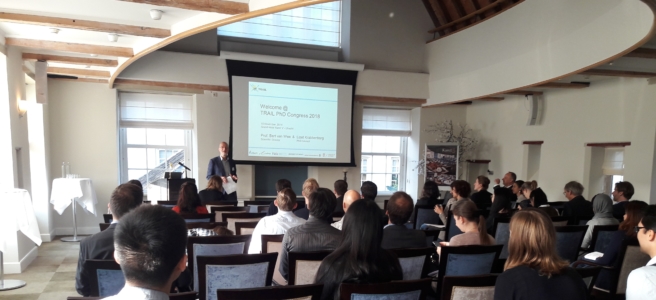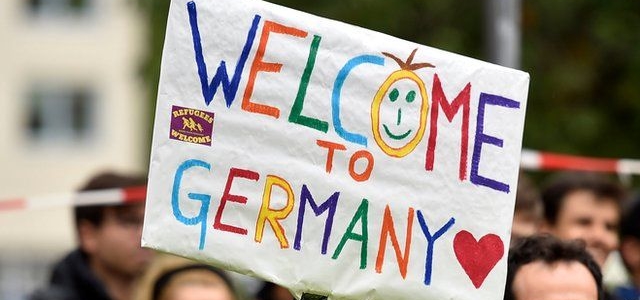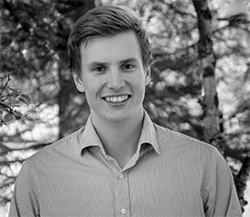A paper written by Tanzhe Tang (PhD-candidate) and Caspar Chorus has been accepted for publication in the Journal of Artificial Societies and Social Simulation (JASSS), which is a leading journal in the field of social simulation. The paper presents a new model of opinion dynamics. In contrast with previously proposed models, our so-called AOI (action opinion inference) model postulates that people learn about each others’ opinions not by observing them directly, but by observing each others’ actions and interpreting those. This added level of behavioral realism has important implications for the predicted population-shares of various types of opinions. As such, the AOI model provides an important stepping stone for more realistic models of moral norm formation, which are currently being developed in the BEHAVE-program. Congratulations with this publication, Tanzhe!
The full abstract reads as follows: Opinion dynamics models are based on the implicit assumption that people can observe the opinions of others directly, and update their own opinions based on the observation. This assumption significantly reduces the complexity of the process of learning opinions, but seems to be rather unrealistic. Instead, we argue that the opinion itself is unobservable, and that people attempt to infer the opinions of others by observing and interpreting their actions. Building on the notion of Bayesian learning, we introduce an action-opinion inference model (AOI model); this model describes and predicts opinion dynamics where actions are governed by underlying opinions, and each agent changes her opinion according to her inference of others’ opinions from their actions. We study different action-opinion relations in the framework of the AOI model, and show how opinion dynamics are determined by the relations between opinions and actions. We also show that the well-known voter model can be formulated as being a special case of the AOI model when adopting a bijective action-opinion relation. Furthermore,we show that a so-called inclusive opinion, which is congruent with more than one action (in contrast with an exclusive opinion which is only congruent with one action), plays a special role in the dynamic process of opinion spreading. Specifically, the system containing an inclusive opinion always ends up with a full consensus of an exclusive opinion that is incompatible with the inclusive opinion, or with a mixed state of other opinions, including the inclusive opinion itself. A mathematical solution is given for some simple action-opinion relations to help better understand and interpret the simulation results. Finally, the AOI model is compared with the constrained voter model and the language competition model; several avenues for further research are discussed at the end of the paper.








 An environmental economist by training,
An environmental economist by training, 